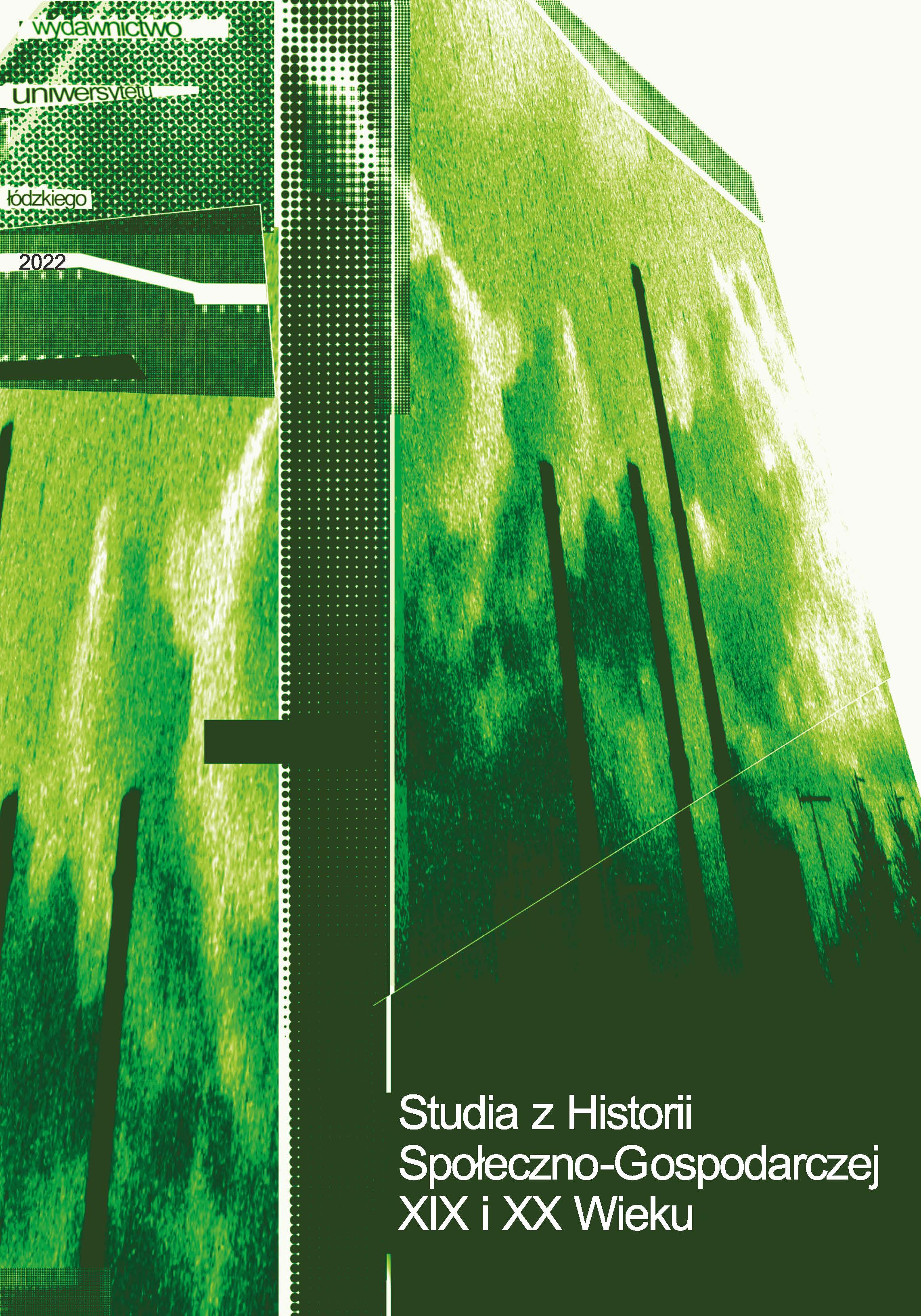"Cecylia Walewska (1859–1940). Ewolucja postaw inteligentki polskiej" (autoreferat rozprawy doktorskiej)
“Cecylia Walewska (1859–1940). Evolution of attitudes of the Polish intelligentsia” (Self-report of the doctoral dissertation)
Author(s): Urszula KlembaSubject(s): Cultural history, Essay|Book Review |Scientific Life
Published by: Wydawnictwo Uniwersytetu Łódzkiego
Keywords: Cecylia Walewska; evolution of attitudes; intelligentsia; self-report
Summary/Abstract: This work is devoted to the life and work of Cecylia Walewska – a Polish activist of the women’s movement, a teacher, journalist and writer. The aim of the work is to present a pretext biography – against the background of those times – of an extremely important figure for the Polish emancipation movement, that means – Walewska. The knowledge, so far, about the chronicler of the Polish women’s movement has been negligible. Apart from laconic biographies and deliberations on her journalism and literature, Walewska did not attract the attention of researchers.Writing this dissertation has become possible and is based on the found manuscript of the heroine’s diary, the press and materials scattered in archives and libraries all over Poland. Apart from preliminary considerations and the conclusion, the work consists of three chapters, a bibliography and an appendix. In addition, it has been provided with numerous illustrations that have not been published so far and constitute an element complementing the narratives of individual chapters. The writer lived at the turn of three epochs, hence the dissertation has a chronological order allowing for showing the evolution of political and journalistic attitudes, as well as emancipatory, didactic and literary activities.The first chapter introduces the topic hitherto completely unknown, namely the genealogist of the Zaleski family, Lubicz coat of arms. By referring to the writer’s roots, it was possible to present a very extensive family connotation, showing the environment the writer grew up in. The next part of the chapter presents her childhood and education. She was educated at home under the supervision of Waleria née Hulanickie Thugutt; then, following in her mother’s footsteps, she was sent to a private girls’ school run by Karolina Welinowiczówna. In the meantime, she began learning to play the piano under the tutelage of the most eminent music teacher at the time, Rudolf Strobel. At the age of 13, severe anemia prevented her from continuing the education. She devoted a year’s break from studies to reading writings and novels, in particular by N. Żmichowska, which had a significant impact on her education at the 3rd German Gymnasium under the government law. In this way, the young writer avoided the russification and supervision of the authorities that went far beyond the school walls. In 1875, at the age of 16, she graduated from high school, passing her secondary school-leaving examination, and thus obtained a teacher’s diploma with verbal distinction. Due to the fact that she was Polish, she could not receive the gold medal.In the same year, she received a license for a music teacher specializing in piano playing. After her father’s death, the education she received prepared Walewska for her professional work, thanks to which she was able to support herself and help her family. The last part of the subsection presents her relationship and life with Stanisław Adam Marek Walewski, Kolumna coat of arms.The second chapter of the work presents the writer’s entry into social salons and the influence of the then Warsaw intellectuals staying there. Being in the salons was an honor and enabled Walewska to develop in the public sphere. New contacts allowed her to publish her texts in a larger number of magazines, which increased her recognition in the literary world. Entering the salons over the years, the former language and music teacher became perceived as a writer associated with the positivist trend. The next section presents the writer’s literary and journalistic activity in the years 1877–1914. The third subsection presents her political attitudes and national activity, as well as her exile to Kursk for participation in the illegal march organized to commemorate the 100th anniversary of the Kościuszko Uprising. The next part focuses on the presentation of Walewska’s activity in favour of the women’s movement and women’s education. The last part of the second chapter presents the life of an activist during the Great War, thus showing what difficulties she had to deal with and how war skirmishes influenced her everyday life. The first part of the third chapter presents Walewska in the first years of independence and her work at the Ministry of Labour and Social Welfare. In 1925, the writer was awarded the 4th class “Rebirth of Poland” medal for her activities in the field of social welfare. In the same year, she retired and returned to literary and journalistic activities. During this period, Walewska wrote the chronicles of the women’s movement, the most cited by contemporary researchers. The third section of the third chapter discusses the evolution of political attitudes and views that took place at the end of the writer’s life. The May coup by J. Piłsudski finally influenced the writer’s turning away from his politics. She spent the last years of her life in the house of the Ursuline Sisters in Warsaw. She died in 1940 and was buried next to her husband in the Powązki cemetery.
Journal: Studia z Historii Społeczno-Gospodarczej XIX i XX wieku
- Issue Year: 2022
- Issue No: 25
- Page Range: 183-195
- Page Count: 13
- Language: Polish

